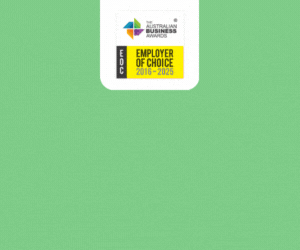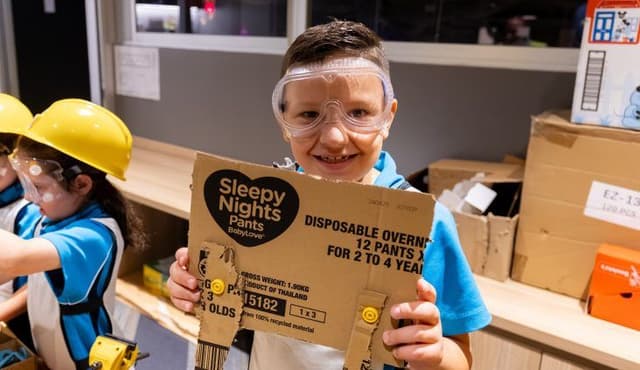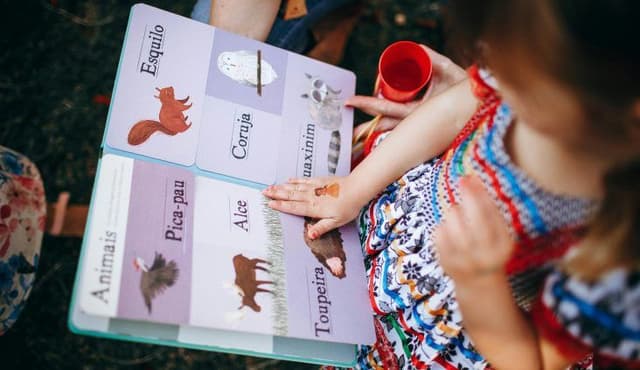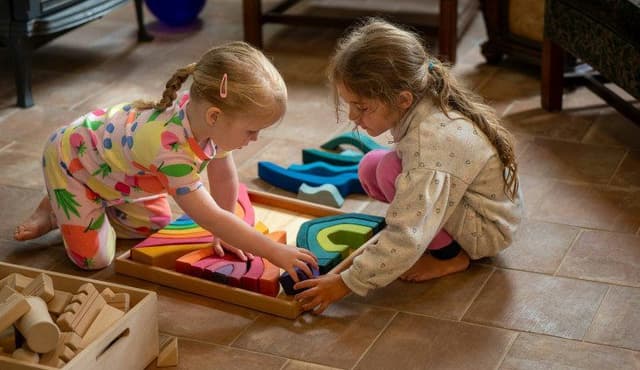Practice
In The Field
Reflective Practice 101: What is it, why do you need it, and how can it make a difference?

Freya Lucas
Sep 18, 2023
Save
The National Quality Standard (NQS), ACECQA has noted, “promotes and supports educators to engage in reflective practice through self-assessment.”
The importance of individual reflective practice and a collaborative learning culture are identified more directly under various Quality Areas of the NQS, including:Quality Area 1; Standard 1.2: Educators and co-ordinators are focused, active and reflective in designing and delivering the program for each child. Element 1.2.3: Critical reflection on children’s learning and development, both as individuals and in groups, is regularly used to implement the program.
Quality Area 4; Element 4.2.2: Educators, co-ordinators and staff members work collaboratively and affirm, challenge, support and learn from each other to further develop their skills, to improve practice and relationships.
and
Quality Area 7; Standard 7.2: There is a commitment to continuous improvement.
In the piece below, we unpack what reflective practice is, why it is important, and how to engage in reflective practice.
What is reflective practice?
Essentially, reflective practice is about learning from ordinary and interesting situations and from the issues and problems that are part of educators’ daily experiences.
“It is a critical examination of not only what happened but why. For example, an educator may reflect on the original objectives and expected outcomes of a plan and consider how they evolved,” information from ACECQA notes.
Dr Anne Kennedy, writing for Early Childhood Australia (ECA) has defined reflective practice as “something which can be undertaken individually or with a group, and can be practised in the moment or it can happen later by taking the time to think about an event or some aspect of practice.”
Educators, she continued, “can reflect with colleagues, children, families and other professionals.”
According to Dr Kennedy reflective practice means:
- thinking deeply about an interest, issue, event, or practice from different perspectives
- being honest about all aspects of practice including elements that are positive and those that are of concern
- monitoring pedagogy and curriculum as part of a cycle of continuous improvement
- listening to and learning from others
- engaging in an ongoing process and not a ‘one-off’ activity.
The importance of reflection
When early childhood education and care (ECEC) professionals take time to reflect on their practice they are able to “take a step back” and critically examine the many experiences, situations, environments and other experiences which occur during their day to better understand how things came to be, how they might be improved, and who benefits (or is disadvantaged) by “the way things are”.
Reflective practice involves actively seeking out information, analysing and interpreting it, and using it to guide decision-making and improve outcomes.
As one practitioner noted, “reflective practice is not just about what happened, but also about why it happened and how it can be improved.”
The NQS and the approved learning frameworks recognise that reflective educators are more likely to:
- develop greater self awareness about the values and beliefs informing their practice and decision making
- understand the ethical nature of their work
- examine the theories underpinning practice
- engage in a continuous cycle of inquiry and improvement
- challenge taken for granted practices
- identify and take action about gaps in their professional knowledge.
How to engage in reflective practice
There are a variety of ways in which individuals and teams can engage in reflective practice. Just as each educator and service is an individual, and has unique constructs and needs, there is no “one size fits all” solution to “being reflective.”
Below are some ideas about how services and individuals might begin, enhance or progress their reflective practice journey.
Dr Kennedy notes that one way to engage in reflective practice is to use an inquiry cycle process, which includes being:
Alert and aware: Being alert or aware of something that seems worthy of thinking about more deeply either individually or with others, is the first step in reflective practice. Both positive events and things that worry educators can occur every day in an education and care setting, but not everything that happens requires deeper thinking. Support from more experienced educators can help others to recognise when they need to be alert and aware.
Analysis: After becoming aware of something that is interesting or concerning, reflective educators analyse the matter by reflecting on it in order to gain a deeper understanding. Gaining others’ perspective, asking ‘why’ questions and undertaking reading related to the issue supports the analysis process.
Action: Reflective practice requires some type of response or action. Understanding an issue or something of professional interest more clearly helps educators to take appropriate action either collectively or individually and often in collaboration with children and families or other professionals.
Assess: Educators and other stakeholders such as families and children assess the outcomes from the actions taken as a result of the reflection process to ensure the intentional actions are improving practice and outcomes. Informal assessment of the outcomes could include checking with families or children about how they are experiencing the changes and documenting their responses to inform further decision-making.
For ECEC provider Little Scholars, reflective practice involves taking the time to observe children closely, foster relationships and gain insights into their thinking and learning, employing a variety of strategies including:
- Review staffing arrangements and routines: Create an environment that is conducive to reflective practice by reviewing staffing arrangements and routines. This might include providing extended periods of uninterrupted time for educators to interact with small groups of children, foster closer relationships, and gain greater insight into children’s thinking and learning.
- Establish routines that allow for reflection: Regularly set aside time during scheduled programming or at the end of the day to record reflections. Similarly, a similar amount of time can be allocated during a regularly scheduled meeting to reflect on practice across the service. These meetings can also provide a forum for team members to talk about their personal experiences.
- Work closely with experienced colleagues: Encourage the team to work closely with more experienced colleagues to provide opportunities to observe, critique, and learn from each other. They can describe what they noticed about a child’s response to an experience and ask questions about why their colleague used a particular strategy.
- Network with other services: Networking with other services can provide insights into the way the service is perceived by others. Little Scholars meets with other people regularly in the wider community as they believe this provides opportunities to explore ways the service can become more responsive to the interests and needs of families and children in the local community.
The ACECQA information outlined in this article can be found here. Dr Kennedy’s information is available here, and the resource from Little Scholars can be found here.
Don’t miss a thing
Related topics
Leadership
In The Field
Advocacy
Affordability & Accessibility
Innovative Research
Compliance
Professional development
Allied Fields
Understanding Children
Family Day Care
Long Day Care
NQF and Policy Changes
Outside School Hours Care
Politics
Preschool
General News
Marketplace
Legislation
Property
Report Summaries
Examples
Changes
Reporting
Services
Events News
Personnel Appointments
Products
Jobs News
Other

















